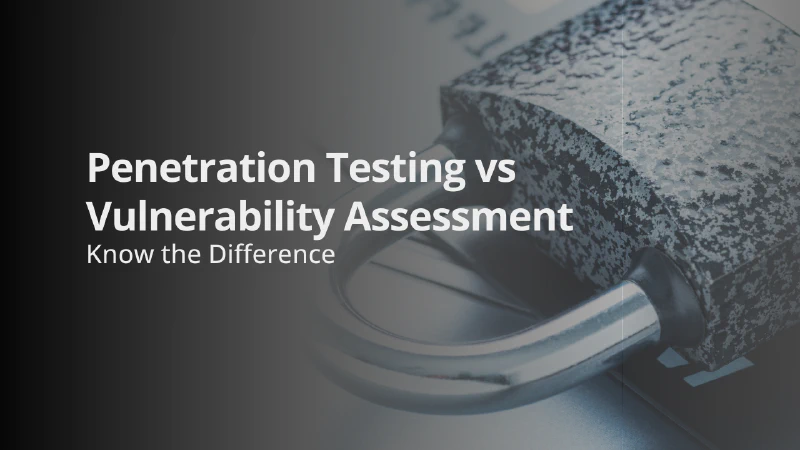This Week in Cybersecurity: Looking Back at Week 25
This week’s roundup features a diverse range of threats, from the abuse of open-source hacking tools to innovative phishing tactics bypassing two-factor authentication. A staggering 16 billion login credentials have been exposed in what researchers are calling one of the largest data breaches in history, raising serious concerns about credential hygiene and the widespread use of infostealer malware. Ireland’s National Cyber Security Centre has issued a new warning on the growing threat of SMS pumping, while ransomware attacks continue to cause widespread disruption, with supply chain firm Chain IQ and NHS service provider Synnovis both falling victim—impacting data and delaying over 1,100 operations.







